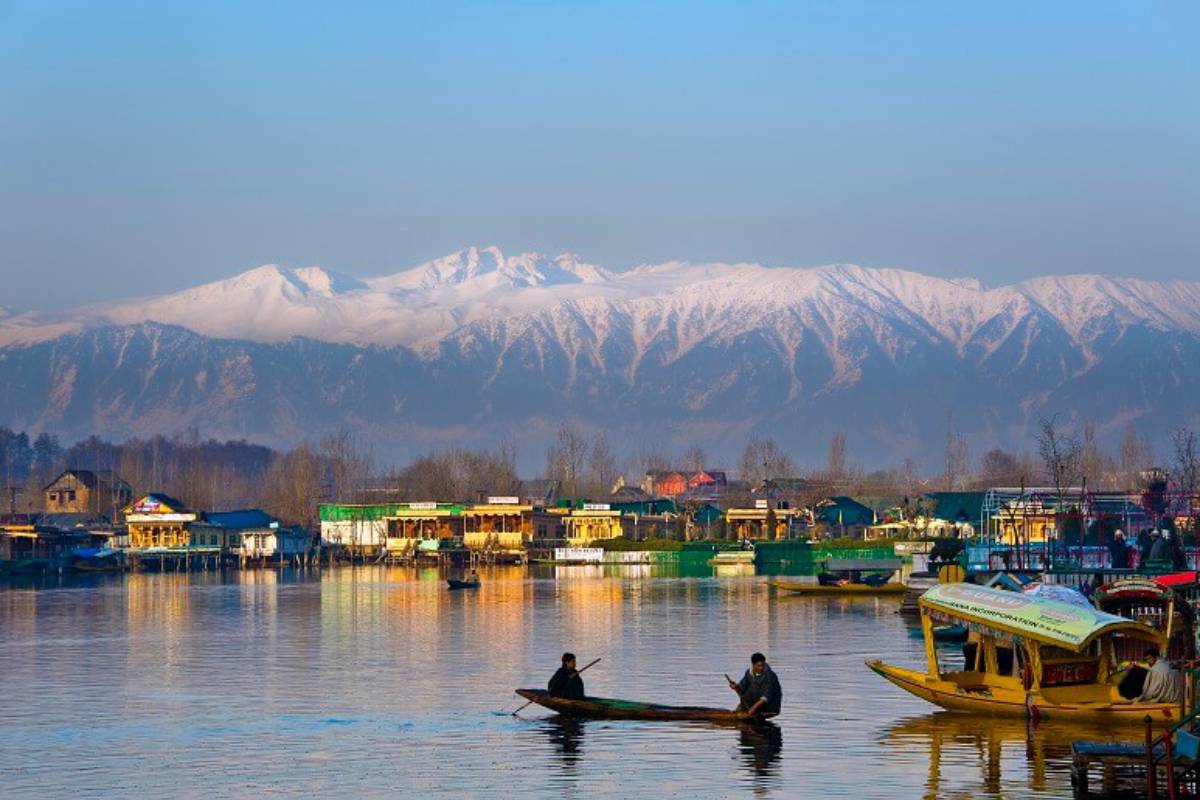

A Kashmir activist lists his arguments in support of the abrogation of Article 370

Jammu-Kashmir and Ladakh have been completely assimilated into the mainstream of the country following the constitutional amendments and reorganization of the former state of Jammu-Kashmir. The inhabitants of these two regions now have access to all the rights guaranteed by the Indian Constitution and the advantages of all central laws that were previously available only to the rest of India. Both the new Union territories have experienced socioeconomic progress as a result of the shift.
A few of the significant changes that are guiding the two regions towards peace and development include the empowerment of common people, the repeal of unjust laws, the introduction of equity and fairness to those who have long faced discrimination but are now receiving their just rewards, and comprehensive development. With the holding of elections for Panchayati Raj Institutions like Panches and Sarpanches, Block Development Councils, and District Development Councils, Jammu and Kashmir now has a three-tier system of grassroots democracy.
While the move has sparked debates and controversies, it has also brought about several positive impacts that are worth acknowledging. This article aims to shed light on some of these positive outcomes:
ALSO READ: 4 years post-Article 370: Govt misses window of opportunity in J&K
Unity and Integration: One of the main goals of repealing Article 370 was to better integrate Jammu and Kashmir into the rest of India. The government wanted to promote a sense of community and national identification among the people of Jammu and Kashmir. This action has aided in deepening J&K’s connection with the rest of the country, fostering a sense of shared destiny and belonging.
Economic Growth: The constitutional changes have made it possible for Jammu and Kashmir to experience new levels of economic growth. Due to the unique status, the region is now qualified for a number of central government programs and investments that were previously banned. As a result, there has been an increase in infrastructure construction, employment possibilities, and overall economic growth. The elimination of investment restrictions has drawn both domestic and foreign investors, resulting in the emergence of new industries and businesses in the area.
Empowerment of Women and Minority Rights: The August 2019 decision has had a favorable effect on the preservation of minorities’ rights in Jammu and Kashmir as well as the empowerment of women. The discriminatory clauses that forbade women from keeping their property rights in the event of an out-of-state marriage have been eliminated. This has improved gender equality and women’s empowerment by giving women equal rights and opportunities. Additionally, by extending several constitutional protections to the region’s marginalized people, the move has strengthened minority rights.
Access to Education and Healthcare: The people of Jammu and Kashmir now have easier access to services for education and healthcare thanks to the nullification of Article 370. The region can now take advantage of numerous national-level initiatives and programs designed to raise the standard of healthcare and education. As a result, additional educational institutions, healthcare facilities, and better resources are now available, ultimately enhancing the general welfare of the populace.
We, as residents of J&K, now feel more secure due to several changes in the security apparatus, such as:
ALSO READ: Creeping militancy casts shadow on upcoming polls in J&K
Development and Employment Opportunities: Addressing the socio-economic issues in J&K is crucial for long-term stability and security. The government has now shifted its focus towards development initiatives, infrastructure projects, and job creation to provide opportunities for the local population, reducing the chances of them being influenced by extremist ideologies.
Law and Order: Since J&K is now a UT, it now comes directly under the central government, and its local law enforcement agencies work closely with officers based in New Delhi to ensure effective maintenance of law and order, which is essential for national security.
Rehabilitation and Reintegration: The abrogation provides an opportunity to focus on the rehabilitation and reintegration of former militants and youth who may have been influenced by extremist ideologies. This can help prevent radicalization and promote peace and stability in the region.
While discussing the decision effected on August 5, 2019, it is important to recognize the advantages it has brought about. To keep the momentum going, it is critical to continue working towards the holistic development and well-being of the people of J&K.
(Khubaib Mir is the President of the non-profit Voice of Youth.)
Views expressed are the author’s own.